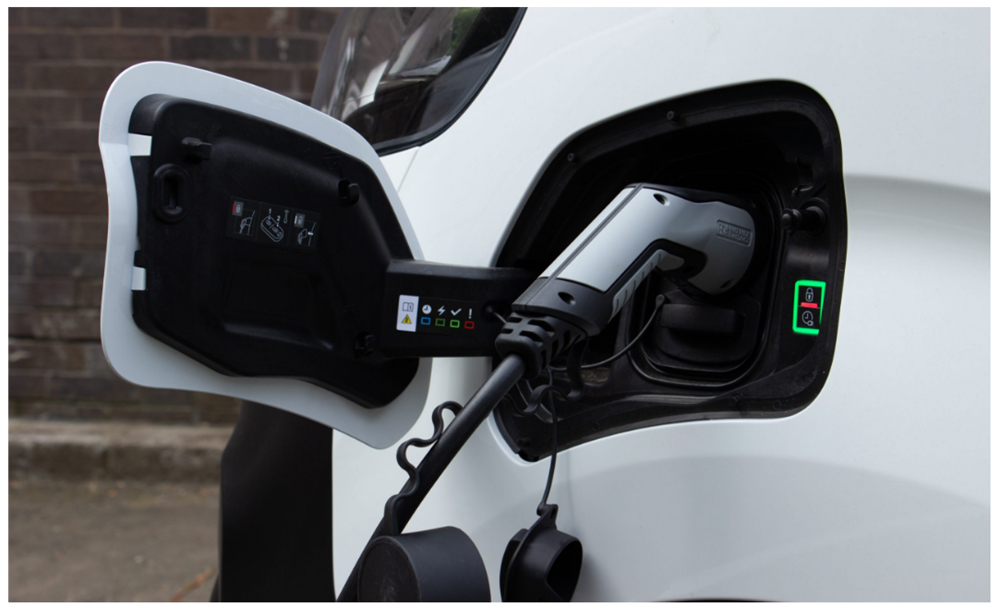
The Workplace Charging Scheme can reduce the cost of installing electric vehicle chargepoints by up to £14,000.
FPS is an OZEV-approved installer representative – that’s the Office for Zero Emission Vehicles which administers the scheme.
It means we only work with NAPIT and CHAS qualified installers so you can be confident in the safety and quality of the installations we manage.
How does it work?
The Workplace Charging Scheme (WCS) is a government scheme to help pay for the purchase and installation of electric vehicles charge points.
The grant is capped at £350 per socket, up to 40 sockets per business, (40 single or 20 double sockets) – that’s where the £14,000 comes in.
The application process takes about two to three weeks, after installation, we claim the grant on your behalf and take the value of the voucher off your final invoice. Demand is heating up – get in touch for help with the application process, or any questions you may have.
What are the rules?
You might be surprised to learn that you don’t have to currently have electric vehicles in your fleet, but they’ll need to be in your future plans.
The charge points need to be off-street and for the use of your fleet or staff, customer charging is not covered by the scheme.
You must work with an OZEV-approved workplace charging station installer or representative like FPS and the charge points need to be 3.5kW rated or higher.
You can find detailed technical specifications here. A large number of manufacturers are available on the scheme, a full list is available here and we can help you pick chargers to match your use case.
How do I access the scheme?
It couldn’t be simpler – just apply for a voucher code and we’ll claim the grant after the work is complete.
You have 120 days from the date of issue and you are required to specify the number and type of chargers you are installing, so it’s best to talk to us before you apply online, as the chargepoint requirements may differ depending on the business need.
What are the benefits of providing charger points?
By providing charge points for your fleet or staff, you are helping them to switch to electric vehicles. As well as saving emissions this could reduce travel and transport costs.
The Energy Saving Trust says that while electric vehicles cost more than their petrol or diesel equivalents to buy or lease, they can be cheaper on a pence-per-mile basis.
Electric cars typically cost £8 – 12 to fully charge, for a range of 200 miles. Driving 200 miles in a petrol or diesel car will cost around £26 – 32 in fuel, which can be three or four times more than the cost of charging the electric car.
They are also usually cheaper to service and maintain, there are tax benefits, and of course, hugely reduced emissions, which are essential in order to meet the government’s Net Zero commitments.
To read more, you can find the full government guidance here.
